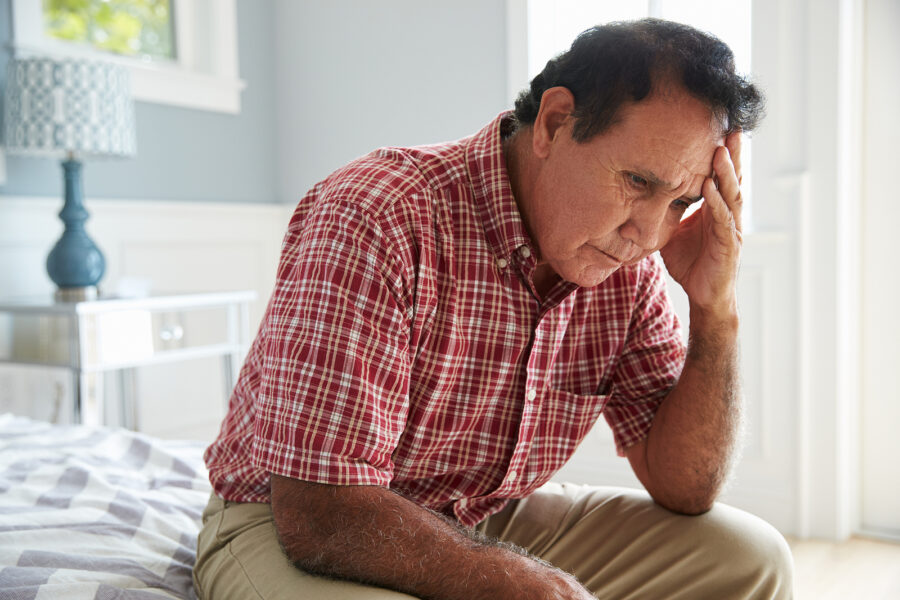July 19, 2024

Everyone feels grief and loss at some point in their life. Still, navigating these emotions can be especially difficult for seniors, and it’s often made worse when they are trying to manage age-related issues as well. However, they can find solace and resiliency in their healing process with the correct support from family, friends, and senior home care.
Seniors experience many losses as they get older, including the loss of spouses, friends, siblings, and even their own deteriorating health. Every loss has the potential to reignite old wounds. Unfortunately, without proper coping mechanisms and support, these losses can make it hard for seniors to process their feelings, and in some cases, it may make them withdraw from things they once loved, especially if they enjoyed doing those things with the person they lost. Additionally, losses may cause seniors to face their own death, which can bring up even more difficult feelings.
Seniors who are grieving need the support of loved ones to process their loss. However, this can be challenging if the loss also affects their loved ones. Still, some ways family members can assist seniors include the following:
Emotional Support: Just being there and paying attention can be incredibly helpful for seniors going through the grieving process. Additionally, loved ones should allow seniors the chance to express themselves freely without passing judgment.
Attending Support Groups: Loved ones can also encourage seniors to consider a support group where they can explore their emotions about the loss with peers who might understand what they’re feeling.
Establishing Connection: During the grieving process, staying connected might help to stabilize things. However, it might be the last things on seniors’ minds. To help them with this, loved ones should encourage get-togethers, phone conversations, or visits to help seniors feel less alone and connected.
Promoting Self-Care: Seniors’ mental health can be enhanced by encouraging them to participate in enjoyable activities, eat well, exercise, and get adequate sleep.
Many professional caregivers are educated to offer assistance that is customized to each senior’s specific needs. With them in the home, they can offer much-needed emotional support and offer a sounding board for seniors to express their feelings. Additionally, senior home care is often seen as safe, allowing seniors to communicate openly without the worry of offending anyone, which can be freeing and help seniors move onto the next stage of grieving more readily.
Senior home care can also make sure that everyday tasks are handled, from personal care to household duties, allowing seniors to concentrate on their emotional recovery. Depending on their needs and preferences, caregivers may join forces with loved ones and encourage seniors to join support groups, make new connections, or reach out to old connections to help them continue to process feelings.
Providing seniors with grief and loss support calls for tolerance, compassion, and a knowledge of their particular circumstances. Loved ones and senior home care may make a big difference in seniors’ emotional resilience and well-being during trying times by encouraging open communication, offering support, and more.